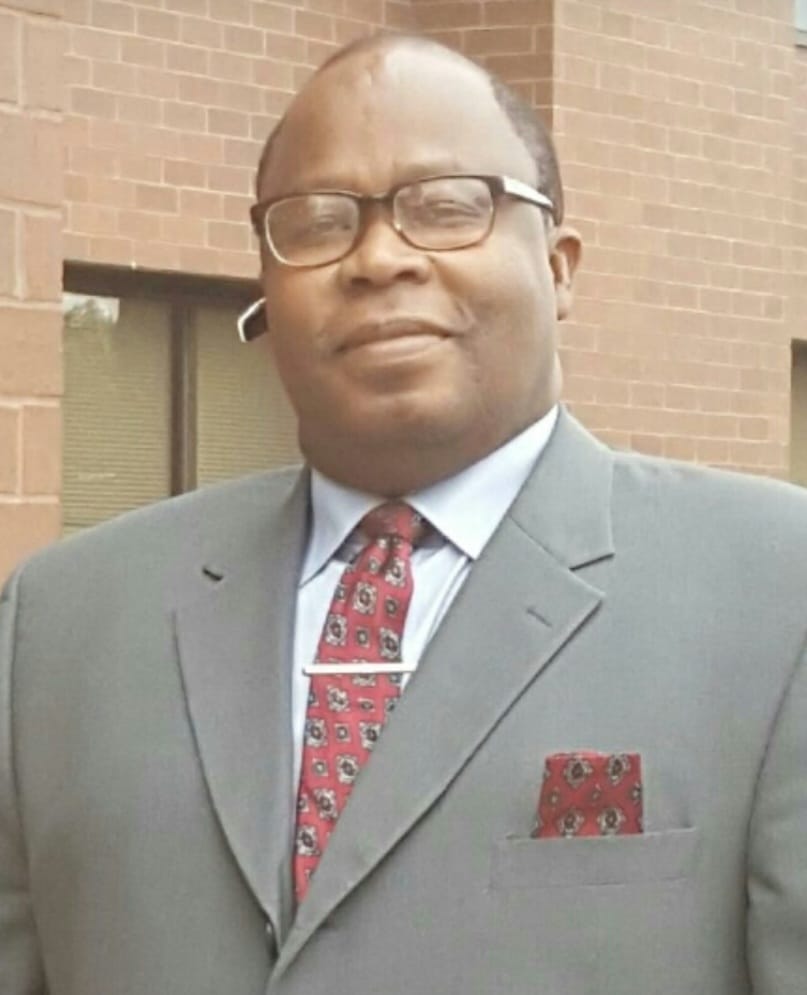In exploring Liberia’s complex sociopolitical landscape, Austin S Fallah sheds light on the generational responsibilities shaping the future of the nation. Located at the nexus of the Mano River Union, ECOWAS, and the African Union, Liberia has borne the weight of a harrowing history, particularly due to the civil wars that devastated the country from the late 20th century. Those who lived through the conflicts, particularly individuals born from the late 1960s to the 1980s, experienced first-hand the destruction of societal structures and familial bonds, leading to a crisis of national identity. It is crucial for these generations to come to terms with their experiences and recognize their roles as caretakers of Liberia’s future. They carry the significant responsibility to ensure the adverse impacts of their tumultuous past do not extend to younger generations, who should inherit a nation committed to healing rather than one mired in social inequalities and rampant corruption.
The younger generations, particularly those born in the mid-1980s and during the 1990s and early 2000s, have found themselves trapped in a context they did not create. They are the ones who must navigate a fractured society plagued by trauma, instability, and economic hardships rooted in the actions and choices of their predecessors. It is paramount that their older counterparts engage in reconciliation efforts that empower these youths. Such engagement would allow young Liberians to reclaim their narratives and forge new identities unburdened by the legacy of conflict. The task falls heavily on the House of Representatives, which consists of many from the preceding generation. Their role is critical in addressing the entrenched issues of corruption, greed, sectarian divisions, tribalism, and nepotism that continue to undermine the nation’s recovery efforts.
For meaningful progress to occur in Liberia, it is vital that the government acts decisively to establish transparency, accountability, and trust among the populace. Such systemic changes would signal a departure from the past and foster hope for a unified and prosperous society. The House of Representatives has immense potential to spearhead this transformative process, but it requires a collective commitment to prioritize the needs and aspirations of the youth. This young population, who are the unwitting victims of prior decisions, must be considered in policy-making and national discussions to outline a vision for a hopeful future.
Fallah underscores that recognizing Liberia’s painful past is only half the battle; it must be paired with a commitment to building a society that encourages resilience, hope, and growth for its future leaders. The healing process can only begin when there is an acknowledgment of historical grievances coupled with efforts to dismantle structures that perpetuate despair. Engaging with the youth and empowering them with the tools necessary for self-determination is fundamental for Liberia’s resurgence. They deserve a platform where their voices are heard and their potential can thrive unimpeded by legacy burdens.
Moreover, there exists an urgent necessity for intergenerational dialogue that bridges the gap between veterans of conflict and the youth who seek a different reality. Facilitating these conversations allows for shared insights and promotes understanding among the generations. It also enables the nation to craft a cohesive identity that honors both the struggles of the past and the aspirations for the future. In doing so, Liberia can forge a path towards reconciliation, where trauma is addressed, and the potential for growth is nurtured.
Ultimately, Liberia stands at a crossroads where the actions of today will shape the realities of tomorrow. The onus is on both older and younger generations to collaborate towards a shared vision of recovery, resilience, and progress. With conscious efforts to dismantle the legacy of corrupt practices and uphold national unity, Liberia can empower the younger demographic to take the reins of leadership and create a society characterized by peace and prosperity. The hope rests in fostering a commitment to healing, allowing the nation to rise above its history and embrace a brighter future. Through dedication to truth, reconciliation, and equitable opportunities, Liberia can lay the foundation for a new era, ensuring that future generations inherit a legacy of strength and possibility.














